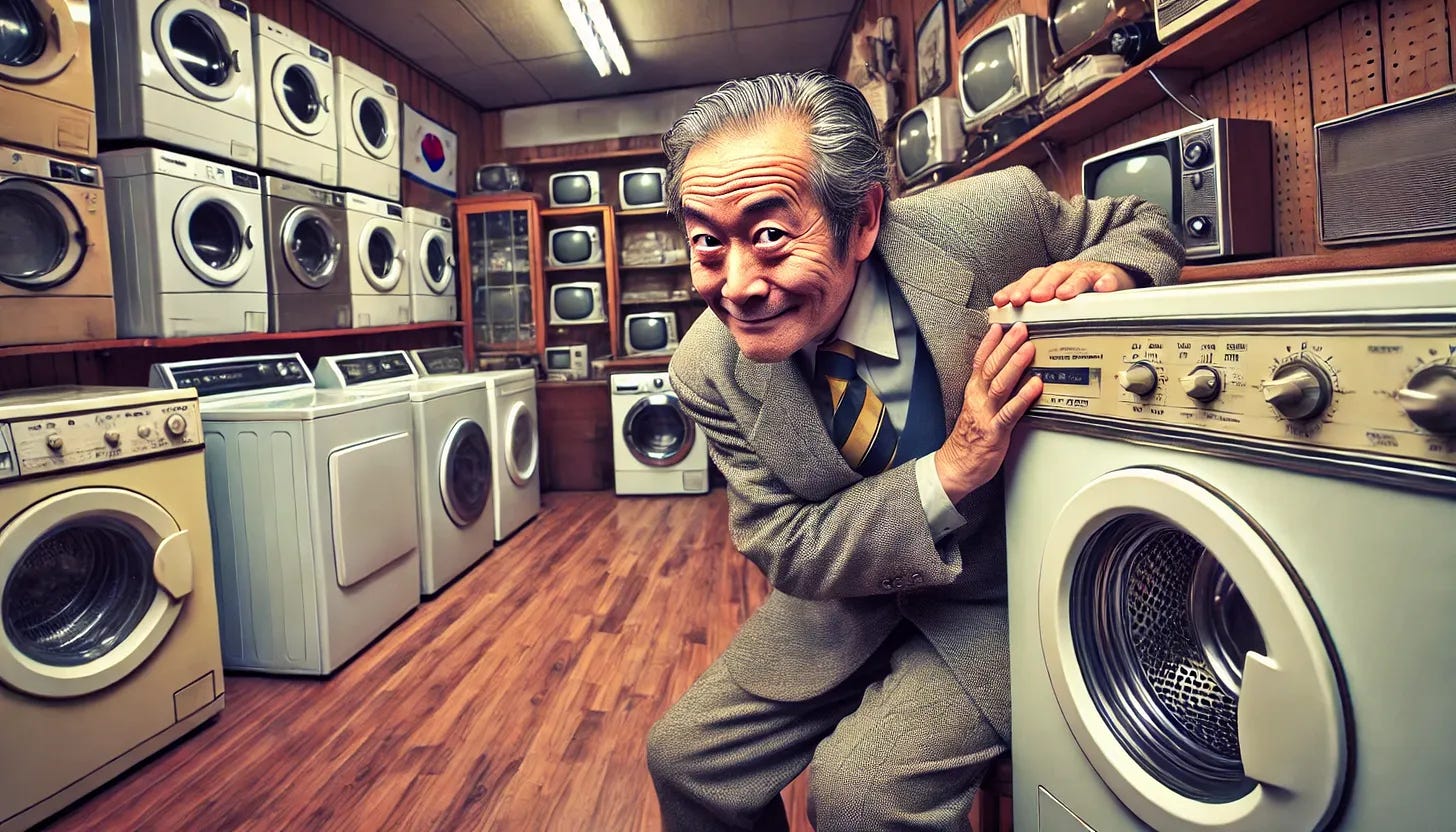South Korea the neo-mercantilist?
The pressure to export military armaments to Ukraine will soon subside but South Korea's refusal will leave a bitter taste…
South Korea’s steadfast refusal to export military armaments to Ukraine, even amid intensifying international appeals, is interesting. On the surface, the Yoon Administration purported to be a global pivotal state, and gave rhetorical support to the values of freedom, democracy and the rule of law. Beneath the surface, it continues a long foreign policy tradition characterized by the absence of values and the prioritization of economic strength and trade surpluses - quite simply, neo-mercantilism.
Neo-mercantilism is an economic strategy or policy framework where a country seeks to achieve economic and strategic goals by actively managing its trade and investment flows to maximize national wealth, power, and self-sufficiency. It draws on principles of classical mercantilism from the 16th to 18th centuries but adapts them to modern contexts, focusing on leveraging trade, industrial policies, and state intervention to benefit the national economy. Key features of neo-mercantilism include:



